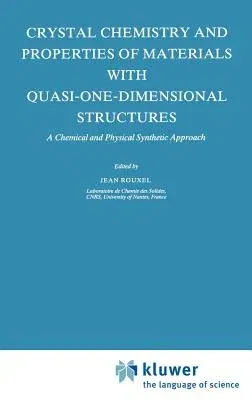Crystal Chemistry and Properties of Materials with Quasi-One-Dimensional Structures: A Chemical and Physical Synthetic Approach (1986)Hardcover - 1986, 28 February 1986

Qty
1
Turbo
Ships in 2 - 3 days
In Stock
Free Delivery
Cash on Delivery
15 Days
Free Returns
Secure Checkout

Part of Series
Physics and Chemistry of Materials with B
Part of Series
Physics and Chemistry of Materials with Low-Dimensional Structures
Part of Series
Physics and Chemistry of Materials with B:
Part of Series
Physics and Chemistry of Materials with B (Closed)
Print Length
380 pages
Language
English
Publisher
Springer
Date Published
28 Feb 1986
ISBN-10
9027720576
ISBN-13
9789027720573
Description
Product Details
Book Edition:
1986
Book Format:
Hardcover
Country of Origin:
US
Date Published:
28 February 1986
Dimensions:
23.39 x
15.6 x
2.24 cm
ISBN-10:
9027720576
ISBN-13:
9789027720573
Language:
English
Location:
Dordrecht
Pages:
380
Publisher:
Series:
Weight:
730.28 gm